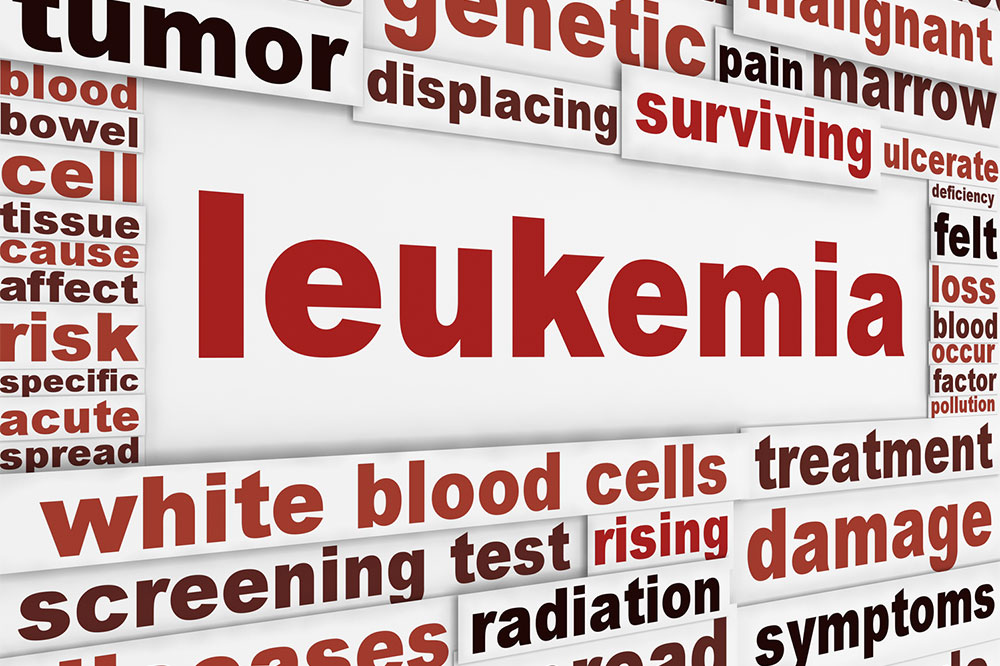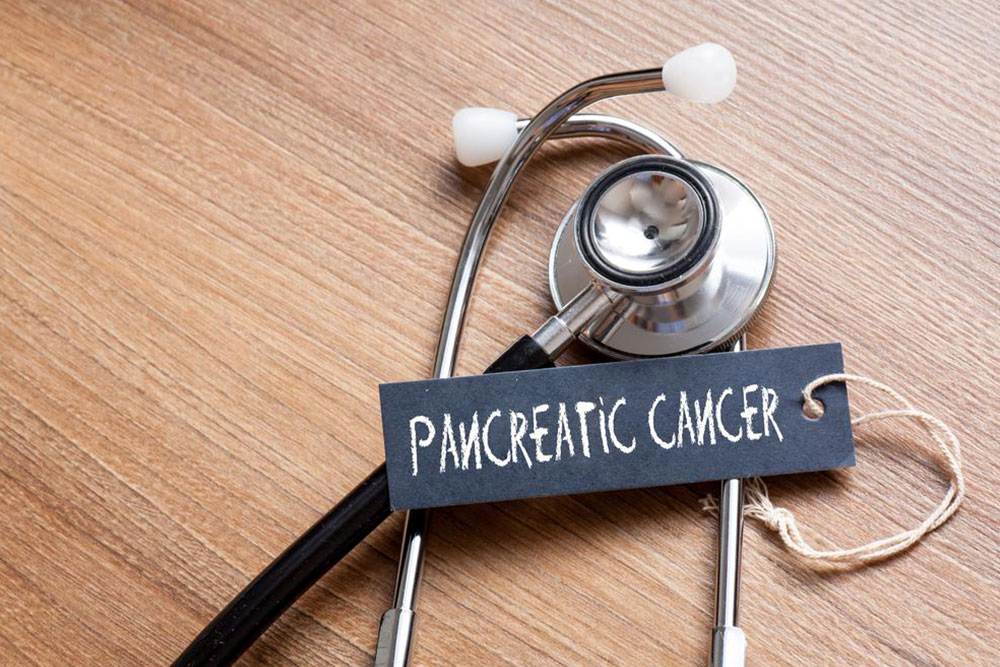Comprehensive Insights into the Causes and Early Warning Signs of Pancreatic Cancer
This comprehensive article explores the causes, risk factors, and early warning signs of pancreatic cancer, emphasizing the importance of early detection. It covers genetic, environmental, and lifestyle influences, highlighting key symptoms such as abdominal pain, jaundice, and weight loss. Recognizing these signs can lead to timely diagnosis and treatment, improving survival outcomes. The article provides valuable insights for individuals at risk and healthcare providers, advocating increased awareness and early screening efforts. Understanding pancreatic cancer's complexities ultimately aims to enhance early intervention and patient prognosis.

Comprehensive Insights into the Causes and Early Warning Signs of Pancreatic Cancer
Pancreatic cancer remains one of the most aggressive and challenging cancers to diagnose early. Its rapid progression often leads to severe health complications, making early detection crucial for improving patient outcomes. The disease originates in a small region of the pancreas but has a propensity to spread swiftly, complicating treatment efforts. Recognizing the early signs and understanding the risk factors associated with pancreatic cancer are essential steps in prompt diagnosis and intervention. In this detailed guide, we delve into the common causes, risk factors, and early symptoms that can help individuals and healthcare professionals identify this silent killer at its initial stages.
Pancreatic cancer's precise causes are still not fully understood despite extensive scientific research. However, certain genetic predispositions and lifestyle choices have been identified as significant contributors. The disease commonly manifests in individuals with hereditary risk factors or those exposed to specific environmental hazards. Early symptoms are often subtle or nonspecific, which makes timely diagnosis a challenge. Health professionals recommend awareness and screening, especially for high-risk groups, to detect pancreatic cancer early when treatment is more likely to be effective.
Understanding the Causes of Pancreatic Cancer
One of the major hurdles in fighting pancreatic cancer is understanding its root causes. While no single cause has been identified, researchers agree that a combination of genetic, environmental, and lifestyle factors influences the likelihood of developing the disease.
Genetic and Hereditary Factors
Genetic predispositions play a significant role in pancreatic cancer. Individuals with a family history of pancreatic cancer or related genetic syndromes are at a higher risk. Certain inherited gene mutations, such as BRCA2, p16/CDKN2A, and PALB2, increase susceptibility. These genetic markers can be inherited from parents and increase the likelihood of malignancies developing in the pancreas or other related tissues.
Lifestyle and Environmental Influences
Environmental toxins and lifestyle habits significantly impact the risk of pancreatic cancer. Smoking tobacco is the most well-established environmental risk factor, responsible for roughly 25% to 30% of cases. Exposure to industrial chemicals and carcinogens, such as pesticides and certain dyes, also adds to the risk profile.
Obesity and Diet
Overweight and obese individuals face a heightened risk due to increased levels of insulin and insulin-like growth factors that can promote tumor growth. Dietary factors, such as high consumption of red and processed meats, fatty foods, and low intake of fruits and vegetables, may contribute to risk by promoting chronic inflammation and oxidative stress in the pancreas.
Key Risk Factors Associated with Pancreatic Cancer
Genetic disposition — Family history of pancreatic or related cancers
Genetic mutations — BRCA2, p16/CDKN2A, PALB2, among others
Smoking — Tobacco use significantly increases risk
Chronic pancreatitis — Long-term inflammation of the pancreas predisposes to cancer
Obesity — Elevated body weight correlates with increased risk
Diabetes — New-onset diabetes, especially in older adults, may be a symptom or risk factor
Exposure to chemical carcinogens — Industrial toxins and chemicals
Recognizing Early Warning Signs
Identifying pancreatic cancer in its early stages can be challenging due to its subtle symptoms. However, several warning signs should prompt individuals to seek medical evaluation promptly. Awareness of these symptoms can significantly improve the chances of early diagnosis and successful treatment.
Common Symptoms of Pancreatic Cancer
Persistent upper abdominal pain — Often radiates to the back and worsens over time
Unintentional weight loss — Sudden and unexplained weight reduction
Jaundice — Yellowing of skin and eyes, indicating bile duct obstruction
Loss of appetite — Without any obvious cause
Sudden onset of diabetes or worsening control — Elevated blood sugar levels, sometimes as an early sign
Fatigue and depression — General feelings of tiredness and low mood
Blood clots — Thrombosis or blood clot formation, particularly in unusual locations
In many cases, these symptoms are mistaken for less serious conditions, which contributes to delayed diagnosis. Therefore, awareness and prompt medical assessment are vital, especially for individuals at higher risk.
Why Early Detection Matters
Early detection of pancreatic cancer dramatically improves treatment success rates. When diagnosed at an early stage, surgical options become more viable, and overall survival prospects increase. Screening methods such as imaging tests and blood markers are being developed to aid early diagnosis, especially for high-risk populations. Consulting healthcare providers when symptoms appear can lead to prompt intervention and better health outcomes.
In conclusion, understanding the causes and warning signs of pancreatic cancer is crucial for early intervention. Genetic predispositions, lifestyle factors, and environmental exposures all play roles in its development. Awareness of early symptoms like abdominal pain, jaundice, and unintended weight loss can lead to earlier diagnosis, which is vital given the aggressive nature of this disease. Regular check-ups and consultations with healthcare professionals are recommended, especially for those with identified risk factors, to catch the disease early when treatments are more effective. Advancements in research and screening tools hold promise for improving prognosis and reducing the devastating impact of pancreatic cancer over time.





